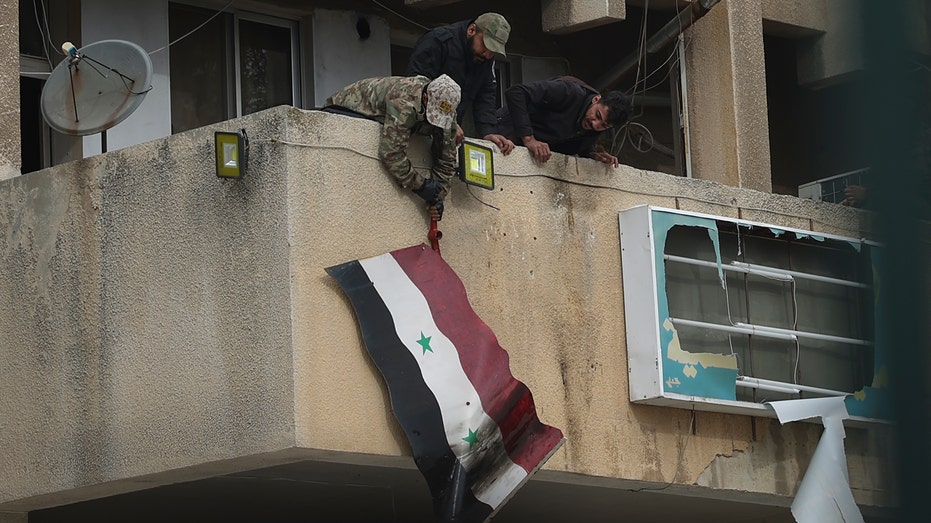Gabbard sheds light on Assad visit, expresses shock intelligence community showed no interest at the time
Director of national intelligence nominee Tulsi Gabbard shed further light on her 2017 meeting with then-Syrian dictator Bashar al-Assad, a trip that has come under the microscope since President Donald Trump nominated the former congresswoman.
"There is not a great deal in the public record about what you and Syrian dictator Bashar al Assad discussed for so long in January of 2017. And I think there's a great deal of interest from the American people about what was discussed in that meeting. So what did you talk about? And did you press Assad on things like his use of chemical weapons, systematic torture and the killing of so many Syrians?" Sen. Martin Heinrich, D-N.M., asked Gabbard on Thursday.
Gabbard, when she served in the U.S. House, traveled to Syria in 2017, when she met with the dictator, whose government was overthrown years later in 2024. The visit has become a focal point of Democrats' criticism of the DNI nominee, arguing the visit casts doubt on her worldview and judgment.
'LIES AND SMEARS': TULSI GABBARD RAILS AGAINST DEM NARRATIVE SHE'S TRUMP'S AND PUTIN'S 'PUPPET'
"Yes, senator, I, upon returning from this trip, I met with people like then-Leader Nancy Pelosi, and Steny Hoyer, talked to them and answered their questions about the trip," Gabbard, who served in the U.S. House representing Hawaii from 2013 to 2021, responded.
TENSION BUILDS AROUND TULSI GABBARD’S CONFIRMATION WITH KEY GOP SENATORS UNDECIDED
"And quite frankly, I was surprised that there was no one from the intelligence community or the State Department who reached out or showed any interest whatsoever in my takeaways from that trip. I would have been very happy to have a conversation and give them a back brief. I went with former Congressman Dennis Kucinich, who had been there many times before and who had met with Assad before. A number of topics were covered and discussed. And to directly answer your question, yes. I asked him tough questions about his own regime's actions. The use of chemical weapons and the brutal tactics that were being used against his own people."
Former Speaker of the House Nancy Pelosi also met with Assad in 2007, despite then-President George W. Bush's criticism of the visit at the time.
WASSERMAN SCHULTZ SPARKS BACKLASH FOR CLAIMING TULSI GABBARD IS A RUSSIAN ASSET
"Were you able to extract any concessions from President Assad?" Heinrich asked Gabbard.
"No, and I didn't expect to, but I felt these issues were important to address," she continued.
"Just in complete hindsight, would you, would you view this trip as, good judgment?" the Senate lawmaker continued.
"Yes, senator. And I believe that leaders, whether you be in Congress or the president of the United States, can benefit greatly by going and engaging boots on the ground, learning and listening and meeting directly with people, whether they be adversaries or friends," Gabbard said.
Gabbard is appearing before the Senate Intelligence Committee on Thursday as part of her nomination process to serve as director of national intelligence under the second Trump administration.


